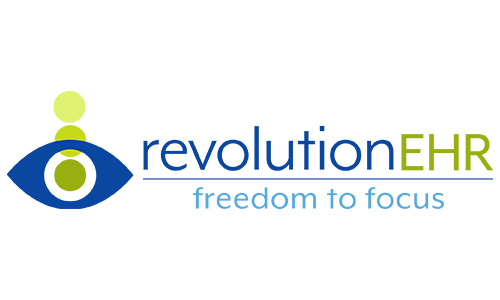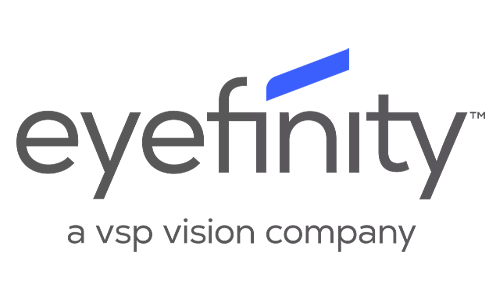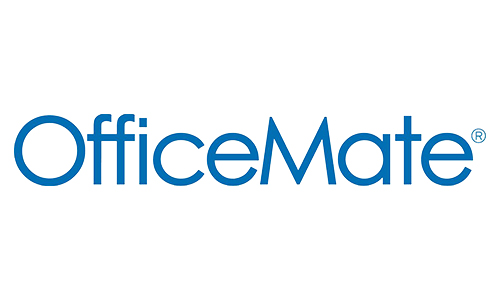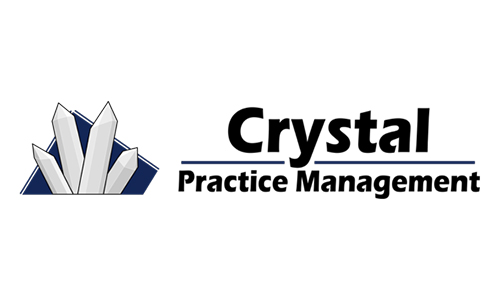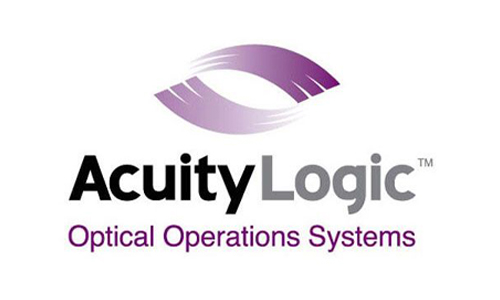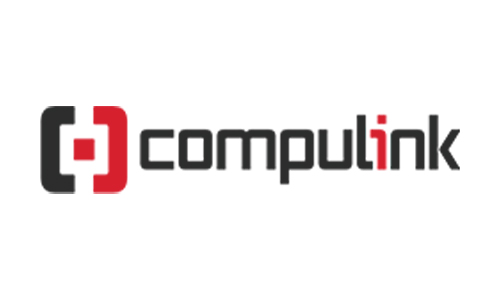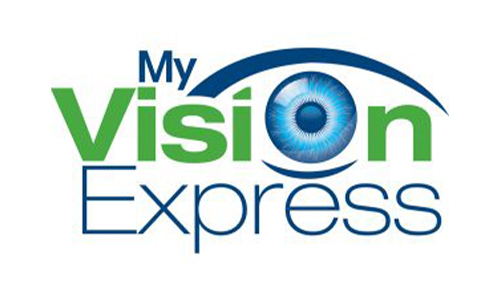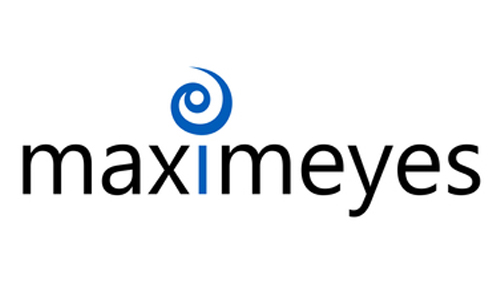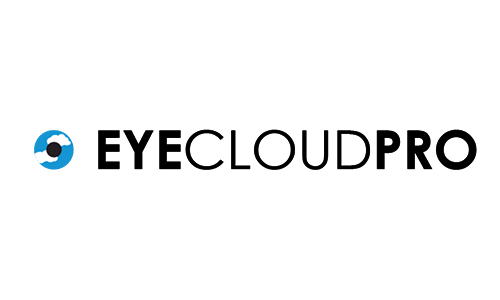The 4 most-pressing questions eyecare practices ask when weighing whether to outsource their insurance billing.
The situation feels out of control.
Your AR is drifting out to sea. Some of your claims have hit 90 days. You’ve just lost a staff person. And other key team members are grumpy about the additional load. Billing tasks are delayed until they’re neglected.
Oh—and another claim denial just came through.
Many eyecare practices struggle to stay on top of their insurance billing. Practice owners tell themselves that they’ll get back on track. That next month they’ll have more time to dedicate to billing. But next month comes and billing is once again shoved aside for more pressing issues. The cycle repeats itself.
There is an easy and simple solution to this problem: outsource your insurance billing.
Too expensive, you think. Or maybe the task to make the change in your process feels too onerous. It’s a big decision. Here are the four most pressing questions practices ask about outsourcing, and the answers to help you make a successful transition:
1. What are common indicators that a practice should consider outsourcing their billing tasks?
The reasons are many and varied. Most clients turn to outsourcing when a combination of the following manifest in their practice:
- Staffing shortages, high staff turnover, or difficulty recruiting qualified billers.
- Increasing accounts receivable (AR) balances, failure to meet AR collection goals, or a decline in revenue cycle efficiency.
- Overburdened staff members diverted from billing duties, delayed or neglected billing tasks, or a growing backlog of claims.
- Signs of stress, burnout, or dissatisfaction among billing staff, indicating a need for additional support or resources.
2. What should a practice look for in an outsourcing partner?
1. Expertise and Compatibility: An ideal partner should possess an in-depth knowledge of the eyecare industry. You want a professional company with domain expertise. They should investigate payment discrepancies on the clearinghouse, verify payer setups, and establish necessary patient portals. (Some portals may require assistance from your practice, but a partner should provide guidance and handle as much of the process as possible.)
An ideal partner functions as extension of your practice—they will seamlessly integrate with your practice’s EHR.
2. Cultural Alignment: Similar to hiring an employee, your outsourcing partner should complement your practice’s culture and values.
3. Communication and Responsiveness: Since your outsourcing partner will be working remotely, open and timely communication is key. An ideal partner will tailor their services to your practice’s unique needs and encourage space for questions. Regular check-ins will ensure ongoing success and satisfaction.
How well your partner responds to questions prior to engagement will help you determine if they’re a good fit for your office.
3. What preparation should a practice undertake to ensure the success of an outsourced billing partnership?
A successful outsourcing partnership requires a proactive approach. Avoid the “set it and forget it” mindset; practices should anticipate an ongoing partnership. And while certain aspects, such as clearinghouse setup, may require minimal ongoing management, the overall partnership demands ongoing collaboration.
Before you outsource your billing, it’s important to have an understanding of payer dynamics, existing patient portals, and any credentialing challenges. Also, establishing a clearinghouse, if necessary, can streamline the transition process.
As you think about outsourcing, define your specific goals. You may seek to lessen staff burden, lower risk through knowledge diversification, or address specific challenges such as AR clean-up or new provider credentialing. Outsourcing is not an all-or-nothing resource. It’s flexible and can be tailored to address your specific needs.
You can outsource all or perhaps only a small portion of your insurance billing processes.
Finally, you should designate a primary point of contact—either a doctor or staff member. Designating a primary point of contact will ensure a clear communication channel between the practice and partner. However, commitment from the team is also important for success. Before you outsource your insurance billing, make sure you communicate the benefits of outsourcing to your team. Emphasize that outsourcing is designed to streamline operations, reduce staff burden, and enhance overall practice efficiency rather than eliminate jobs.
4. Is outsourcing worth the cost?
Outsourcing is a proven model and a cost-effective approach.
When performing a cost analysis, all costs should be considered, including the following: employee salaries, recruitment, training, and other associated overhead expenses, such as your management time or that of your practice manager.
You may discover that when you take into account the fully loaded costs of an internal biller, outsourcing is more cost-effective.
By partnering with an experienced outsourcing partner, your eyecare practice can reclaim valuable time and resources.

